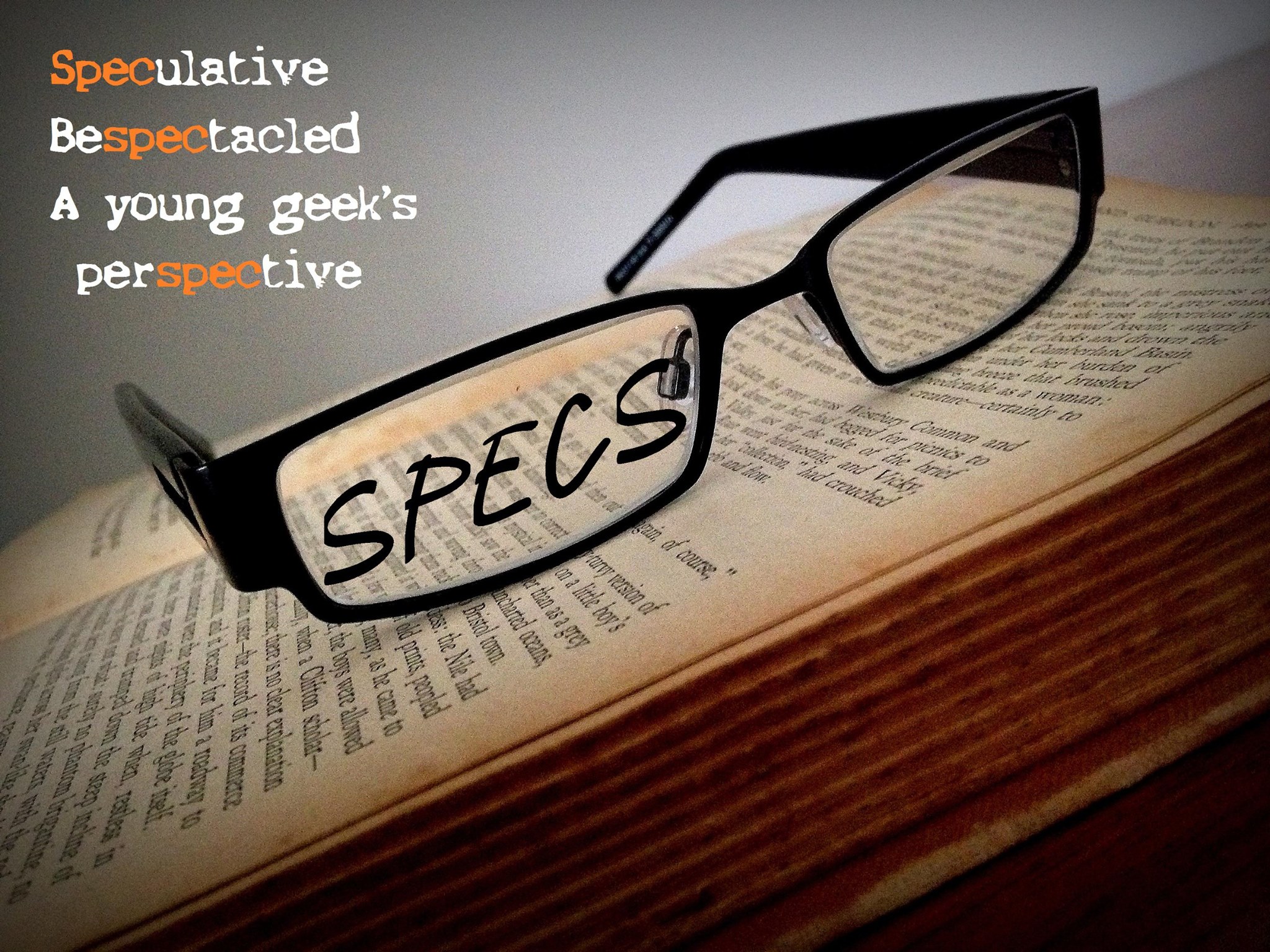Now is the time to get into the writing industry. Being young and gorgeous has its advantages (not that I know from experience). We’re young, and if we play our cards right, we can make things happen.
But to be a successful part of the writing industry, we must know how the machine functions, work well with others, and do our part.
Learn how the machine functions.
Do your homework. There’s no “operator’s guide,” per se, but there is information in shiploads. As teens in a primarily-adult industry, we’re only valuable if we’re serious about it. Here are a few ways to get serious:
- Know your genre. Every genre has a different set of expectations. Read bestselling books in your genre. Make sure your protags are in the right age range. Pay attention to word count. Learn how much setting is appropriate (this is a biggie for me, since I write Spec-Fic. I have to balance action with storyworld.) Figure out the norm on chapter-length. If you write Spec-Fic, your chapters are normally longer than those in a Contemporary Romance novel, for example.
- Study your agents, because every agent is different. Do they want a query with an attachment? (Probably not.) Do they prefer a hard copy mailed to their office? (Know the difference between a query letter and a proposal…methinks that could be another post.) What are they looking for? You want them to enjoy your genre, believe in your story. What will they not accept? If an agent says they don’t deal in any Historical Romance, then for the love of every stud muffin out there, don’t send them your (as awesome as it may be) Historical Romance. Not only will this particular agent decline it, but they’re gonna be real irritated with you for wasting their precious time. Word travels fast in the writing world, and if you’re known for poor educate, no one’s going to want you. Steve Laube (the owner of Enclave) and Sally Apokedak are just two who represent speculative fiction.
- Or, if you want to go Indie, learn the ropes. Perhaps you don’t want an agent. Maybe you don’t want a publisher. If you plan to go Indie make sure you’re not going it all alone—the indie community is super-supportive. If you’re really interested in this road, then I’d suggest you look into what Susan Kaye Quinn has to say about it.
[bctt tweet=”Be a successful part of the writing community. There’s no operator’s manual, but there is community and information. Find them. #amwriting #teenwriter “]
Work well with others.
It isn’t a game if no one’s playing it with you, so meet people that write what you write. Great minds think alike. You can join Facebook groups, follow blogs, and go to conferences. It’s good to surround yourself with others that do what you do. Writing Buddies, as it were, are great for Committers. You can keep each other accountable, keep writing. I have an excellent writing partner and highly recommend you find one. It helps loads. Trust me.
Do your part.
Of course none of this really matters unless you practice, and you keep writing. What is a writer if not someone who writes, am I right?
Okay I may have had too much fun with that last sentence.
This is how I see things through my lenses. What do you see?











3 Comments
Great article. Appreciate the quality of this young writer. Write on, Caleb.
Thank you for your wonderful support.
Currently it sounds like Movable Type is the preferred blogging
platform out there right now. (from what I’ve read) Is that what you’re using on your blog?